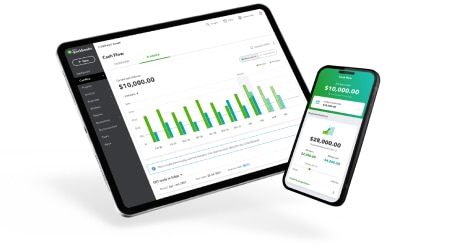What is Cash Basis Accounting?
Cash Basis Accounting Definition
Cash basis accounting is a method of recording financial transactions in which revenue and expenses are recognized only when cash is received or paid out. This means that income is recorded when it is received, and expenses are recorded when they are paid.
Under cash basis accounting, for example, if a business owner provides a service on credit in January, the revenue will only be recognized when the customer pays for the service in February. In contrast, if the service was performed in January and the customer was billed for it in that same month rather than on credit, the revenue would be recognised in January.
Cash basis accounting is commonly used by small businesses, as it provides a simple and easy-to-understand method of accounting. It also provides a clear picture of a company's cash flow, as only actual cash inflows and outflows are recorded.
However, cash basis accounting may not reflect a true picture of a company's financial performance, as it does not take into account sales made on credit or expenses that have been incurred but have not yet been paid. This can make it difficult to accurately track the profitability of a business over a longer period of time.
Here are some additional important facts about cash basis accounting:
- Cash basis accounting is not generally accepted under Generally Accepted Accounting Principles (GAAP) since it does not account for accounts receivable and accounts payable. It is, however, an acceptable method of accounting for tax purposes for small businesses.
- Cash basis accounting provides a clear picture of a business's cash flow, since it records income and expenses only when cash is exchanged. This can be useful for managing cash flow and budgeting purposes, particularly for small businesses.
- Since cash basis accounting does not account for accounts receivable or accounts payable, it can cause distortions in financial statements. For example, if a business has a lot of sales on credit in a particular period, its profitability may appear lower than it actually is.
- Cash basis accounting is simpler and easier to understand for non-accountants since it provides a clear picture of cash inflows and outflows.
- If a business uses cash basis accounting, it must keep track of its accounts receivable and accounts payable separately, so it can accurately calculate income and expenses.
- Cash basis accounting can be used to track inventory, but it may not be suitable for large businesses or those that have complex inventory tracking requirements.
Overall, cash basis accounting can be a useful method of accounting for small businesses or those with simple transactions. However, it may not provide a complete or accurate picture of a company's financial performance over time.







